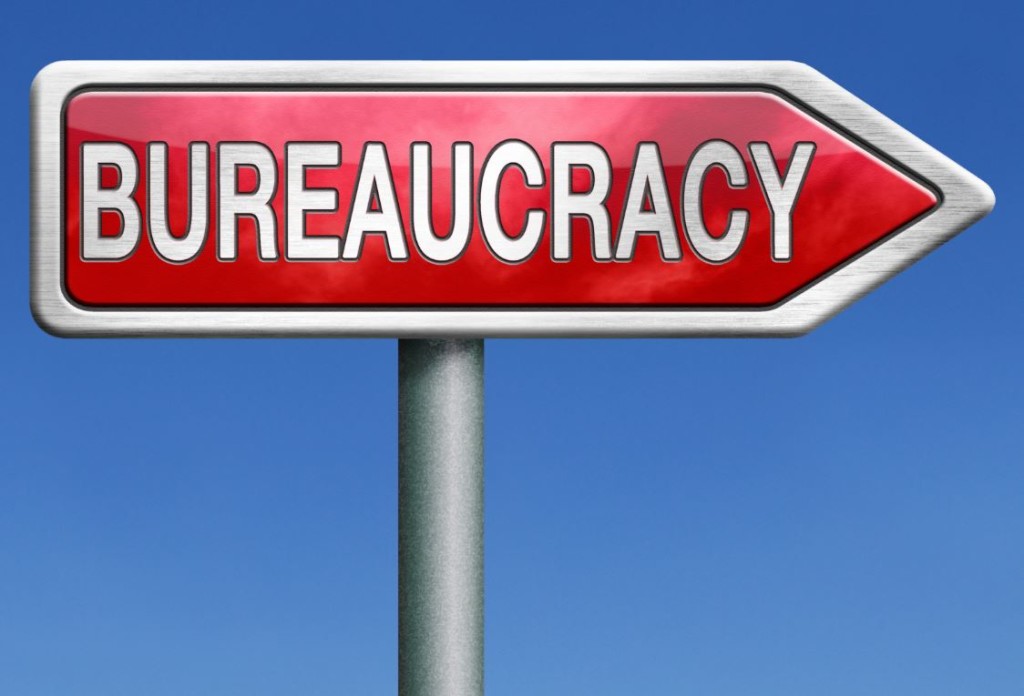16 September 2014
DELIVERED VIA ELECTRONIC MAIL TO MEMBERS OF THE SCHOOL BOARD
Mrs. Kristi Swett, Board President
Salt Lake City School District
2256 South King St.
Salt Lake City, Utah 84109
Agenda: Internal/Communications and External Relations
Dear Mrs. Swett,
This letter is in response to an email exchange that I read last night, between board member Laurel Young and one of the Uintah parents in reference to discussions at future school board meetings.
Today’s school board agenda list the following item:
Internal/Communications and External Relations
I am requesting that at tonight’s meeting, we dispense with “good news only” culture and instead have a substantive conversation about how to improve this school district’s internal/external communications.
Far too often, our school board meetings are shallow and insignificant because fellow board members and/or the administrators will employ parliamentary tricks in an effort to set the stage for the degradation of civic discourse and at the same time erode the capacity for collective critical thinking.
I have also noted that certain board member’s inquires are often labeled as “unanticipated questions” or “unfair” and then are quickly dismissed because it makes the superintendent feel uncomfortable.
I am convinced, that the sooner we can participate in school board meetings that don’t dance around the superintendent’s fragile ego, the sooner we will see improvements within the district.
Additionally, in order to facilitate the process of improvement, I believe it is essential that we attempt to understand the motivation behind the need for school administrators to lie to members of the school board and the public, when responding to questions about events within the bureaucracy. I’d like to understand why habitually lying is more worthwhile than telling the truth.
In the school board meeting on September 2, 2014, you are quoted on KSL News as stating the following:
“There was a multifaceted breakdown in communication that precipitated the situation at Uintah”
That is one way of putting it. It would also be instructive to discuss the circumstances surrounding the decision to secretly hire a PR Firm back in February of this year. There were several questions that I posed in a letter to you on February 21, 2014, that have of yet to be answered (see attached).
During that same time period statements made by you and Heather Bennett deserve explanations within the context of tonight’s discussion:
- “Many districts in the state have multiple people in public information, and we’ve only got one,” Bennett said Tuesday. She said the board had considered hiring a firm years ago but decided against it. In light of the recent lunch issue as well as other questions, she, Swett and Withers decided it was time to look into it, Bennett said.” (After Tossed Lunches, Utah District Eyes $49,999 PR Hire –Salt Lake Tribune 02/19/14)
- “The recent Request for Proposals (RFP) from local public relations firms was initiated in response to district and board leadership wanting to consider the option of having an external group of professionals critique and make recommendations to improve the district’s ability to communicate to our various stakeholders in open, transparent, efficient, and effective ways, after the conclusion of any and all investigations related to school lunches. This additional independent and external feedback (performance audit) could be very helpful in meeting the board’s expectations under the Internal Communications and External Relations essential of our 2010-2015 Student Achievement Plan.” (Kristi Swett Email to School Board and Administration 02/20/14)
In closing I echo the words of David Rodgers, which I believe describes the current state of affairs within the Salt Lake City School District:
In a world dominated by cronyism, self-congratulatory talk about “professionalism” is everywhere, as if people were trying to convince one another. It is a universal tool for the deflection of criticism. No matter what outsiders to the system say, the response can always be: “We’re the professionals. We know. They don’t. We have credentials. They don’t. End of discussion.”
What is different here is the absence of some countervailing power [School Board] to insist on something akin to professional results. The result is a situation in which people can administer failure constantly and, again, not feel like failures, protected both by the complexity of the organizational structure and by ideologies of “professionalism”
110 Livingston Street: Politics and Bureaucracy in the New York City School System by David Rodgers
Shalom,
J. Michael Clára
Board Member, District 2
Enclosures (9)
PDF Version of Letter w/Attachments

